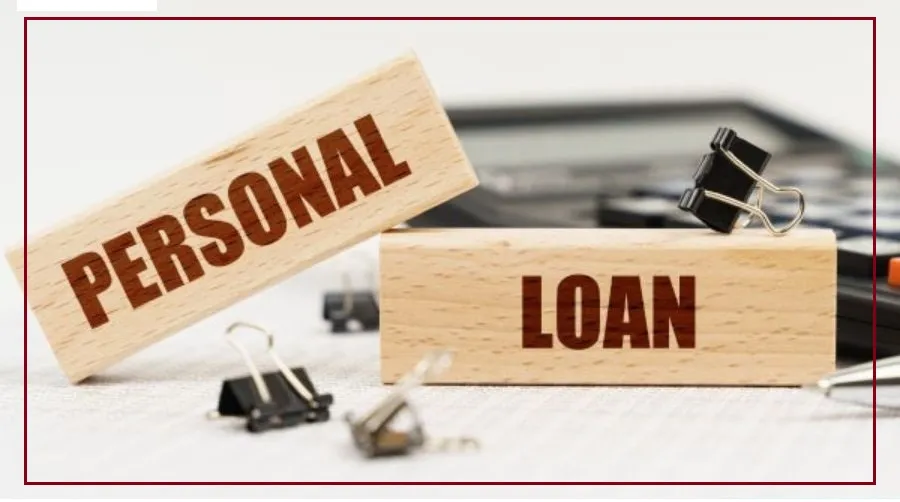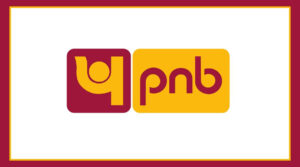When applying for a personal loan, you can often negotiate a lower interest rate, especially if you have a strong credit history and a reliable track record of loan repayments.
While not all lenders are open to negotiations, it is beneficial to try, as even a small reduction in interest rates can lead to significant savings over the loan tenure.
Steps to Negotiate Effectively:
- Research and Compare Rates: Start by researching and comparing the most affordable personal loan rates for your credit score and desired loan amount. Having a clear understanding of the current market rates strengthens your negotiating position.
- Focus on Annual Percentage Rate (APR): Aim for a lower APR rather than just a lower interest rate, as APR includes both the interest rate and any additional fees. This gives you a more accurate picture of the loan’s total cost.
- Leverage Your Creditworthiness: If you have good credit, steady income, and a low debt-to-income ratio, use these factors to your advantage. Lenders are more likely to offer reduced rates to borrowers who present a lower risk of default.
- Consider Loan Amount and Term: Smaller loans often come with higher interest rates, while larger loans might be offered at lower rates. Similarly, shorter loan terms usually attract lower rates as lenders recover their money more quickly.
- Explore Secured Loan Options: Secured personal loans, which are backed by collateral such as savings accounts or vehicles, typically have lower interest rates compared to unsecured loans. Collateral provides additional security for the lender, reducing their risk.
- Check State Regulations: Be aware that state laws can influence the maximum interest rates lenders are permitted to charge. This can impact your ability to negotiate lower rates.
Factors Influencing Interest Rates:
Interest rates on personal loans can vary widely, typically ranging from less than 6% to as high as 36%. Key factors influencing these rates include:
Lender’s Operational Costs and Risk Tolerance: Different lenders have varying operational expenses and risk appetites, which affect the interest rates they offer.
Borrower’s Creditworthiness: Borrowers with higher credit scores, steady income, and low debt-to-income ratios generally receive lower interest rates.
Loan Amount and Duration: Larger loan amounts and shorter loan terms typically come with lower interest rates.
Type of Loan (Secured vs. Unsecured): Secured loans backed by collateral often have lower interest rates than unsecured loans.
State Laws: Local regulations dictate the maximum permissible interest rates, affecting what lenders can charge.
Non-Negotiable Loan Aspects:
Not all loan costs are negotiable. Common non-negotiable fees include:
Government Fees: Taxes and registration costs imposed by state or local governments are fixed and non-negotiable.
Processing Fees: These cover the costs of preparing your loan documentation and are generally fixed by the lender.
Key Takeaways:
Prepare Thoroughly: Compare offers, research current rates, and be ready to highlight your financial strengths.
Aim for Lower APR: Request a reduction in the APR to include both interest and additional fees.
Understand Non-Negotiable Fees: Recognize which fees cannot be negotiated to set realistic expectations.
By being well-informed and prepared, you increase your chances of securing a favorable personal loan with a lower interest rate, potentially saving you significant money over the loan’s duration.

























